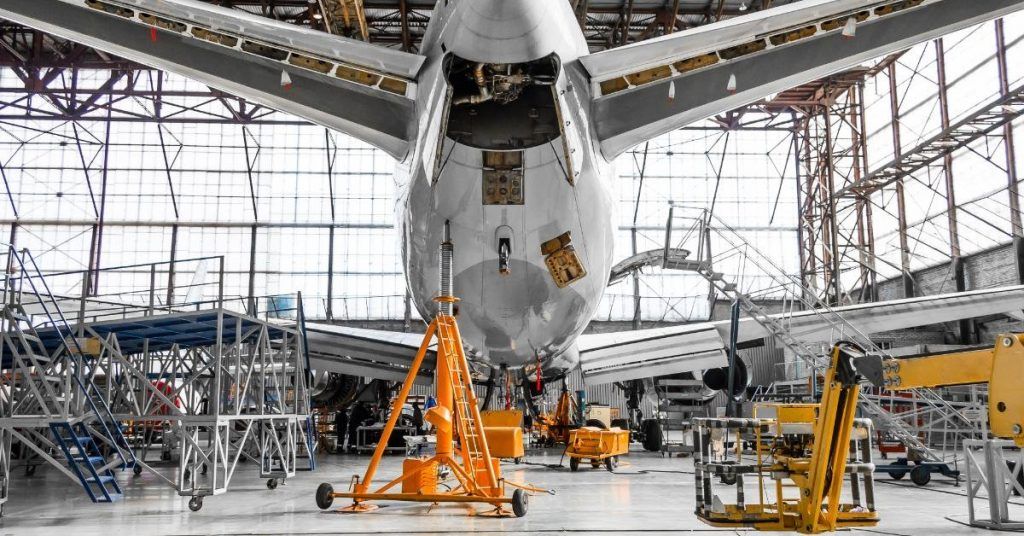Capital-intensive industries have more pressure to relocate (nearshoring), indicated a report by the United Nations Conference on Trade and Development (UNCTAD).
Nearshoring is the practice of transferring a business operation to a nearby country, especially in preference to a more distant one.
Capital-intensive industries, such as automotive and electronics, take advantage of the economies of scale generated by concentrated and specialized production centers to optimize operational efficiency and supply costs.
In contrast, labor-intensive industries, such as textiles and clothing, take advantage of differences in labor costs between countries to minimize production costs.
As a result, capital-intensive industries are more exposed to relocation pressures, preserving economies of scale at the cost of efficient international arbitration opportunities.
In general, labor-intensive industries lean toward diversification and redundancy, affecting economies of scale but opening possibilities to capture more location cost advantages.
However, according to the same report, even if companies can absorb variable cost shocks, the impact on fixed costs and the inability to recover sunk costs add a critical factor preventing network restructuring as a solution. short or medium term.
Industries
The physical relocation of fixed (tangible) assets incurs sunk costs associated with laying off productive capacity and financing costs associated with establishing new facilities, particularly for more capital-intensive activities.
Overall, network restructuring measures to increase resilience expose multinational companies in GVC-intensive industries to significant and potentially prohibitive cost pressure.
Some industries facing less extreme cost-benefit tradeoffs, for example industries characterized by relatively smaller investment size (machinery and equipment), are more likely to undergo some reconfiguration.
The pharmaceutical industry can also be exposed to business and political pressure for relocation.
Most industries are unlikely to embark on a broad-based and systematic process of network restructuring in the absence of political pressures or incentives in that direction.
Productive sectors
But there is some heterogeneity, according to UNCTAD. Focusing on industries with the highest exposure to risk: In the automotive industry, component manufacturing requires less capital than original equipment manufacturing, suggesting a more fragmented and commoditized production process.
In electronics, the dichotomy is even more pronounced, with relatively small-scale investment projects in the manufacture of computers, communication equipment, or household appliances, and capital-intensive projects in semiconductors and batteries.
Mass production and high concentration place these industries among the most exposed to policy monitoring, as evidenced, for example, by an executive order issued in February 2021 in the United States that aimed to address vulnerabilities in the chain. supply of essential goods, including critical minerals, pharmaceuticals, semiconductors and batteries for electric vehicles.
Likewise, machinery is a broad industrial category, ranging from relatively capital-intensive projects in engines and turbines to smaller-scale investments in the manufacture of equipment, including industrial equipment and medical devices.
This is another industry that is under heavy pressure to address supply chain vulnerabilities.
![]()

